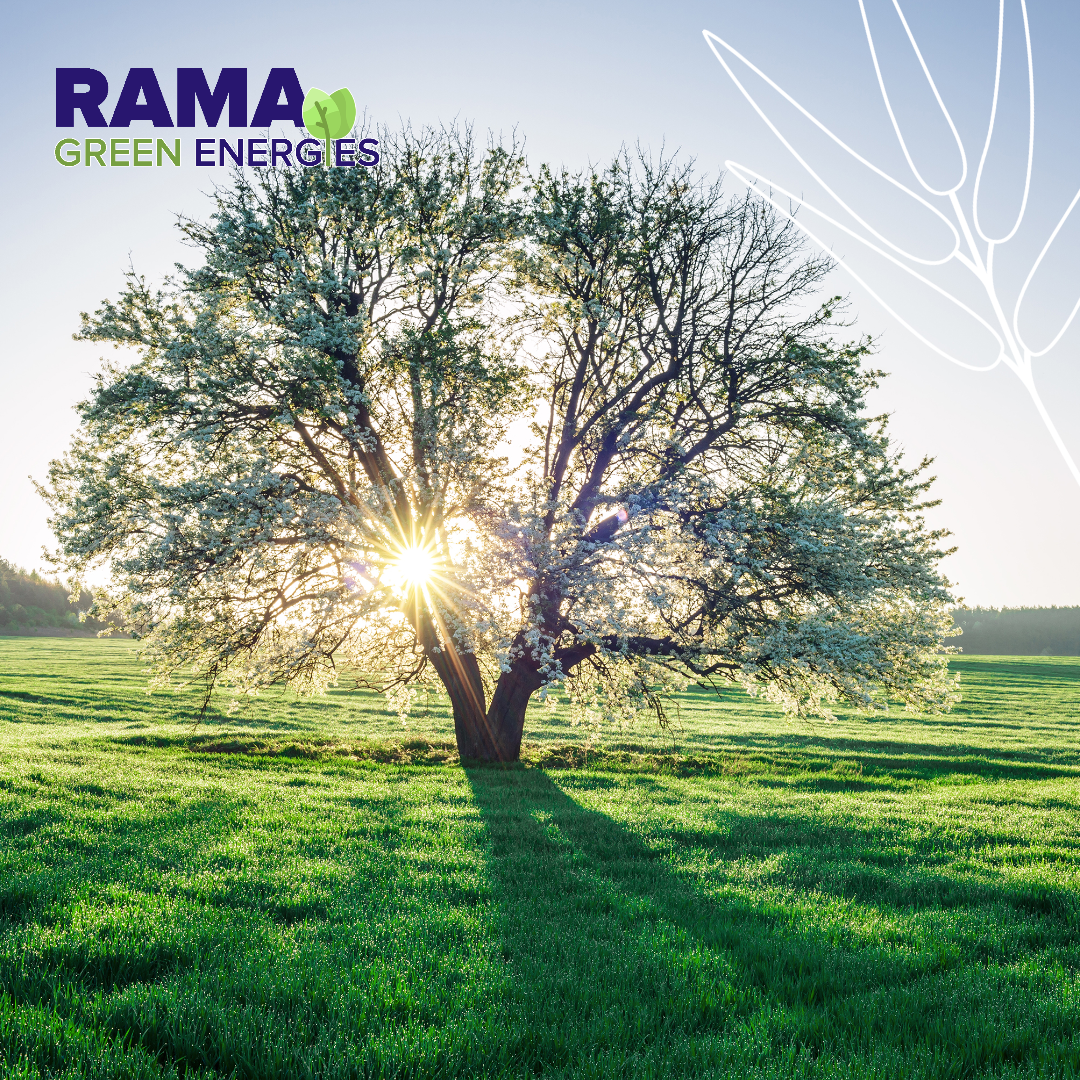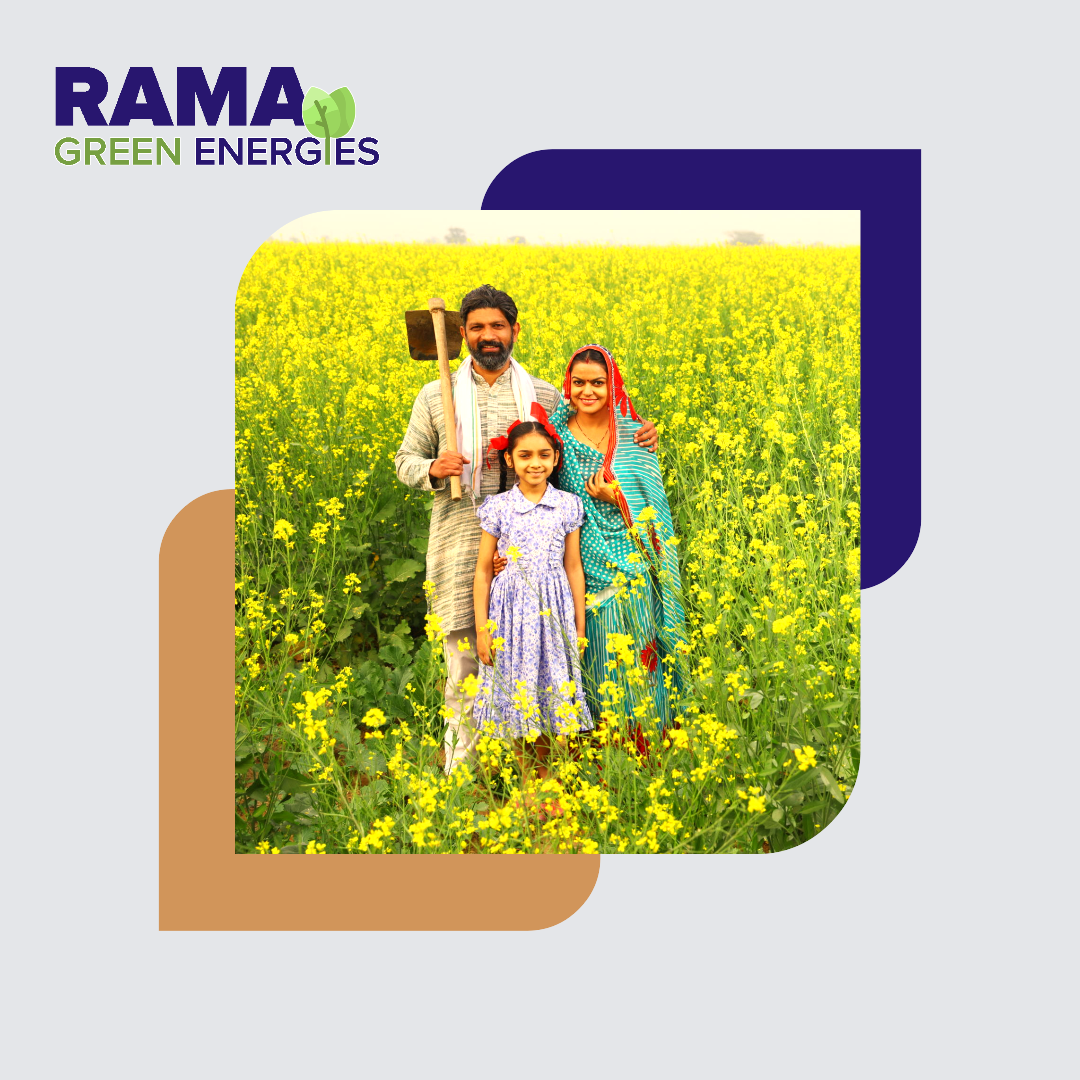What We Do
At RAMA Green Energies, we transform waste into a valuable resource through the production of Compressed Biogas (CBG). This is our initiative to harness the power of waste to create a cleaner, greener, and more sustainable future for generations to come.


Industrial Waste to Compressed Biogas
In the pursuit of sustainable energy sources, the process of converting industrial waste to Compressed Biogas (CBG) emerges as a promising solution. This innovative approach not only addresses the issue of waste management but also contributes significantly to environmental preservation and societal well-being.
Know More
Agriculture Waste to Compressed Biogas
The conversion of agricultural waste to Compressed Biogas (CBG) presents a promising avenue for sustainable energy production while addressing the pressing challenges of waste management and environmental degradation. This process, rooted in anaerobic digestion, offers significant benefits to both society and the environment.
Know More








